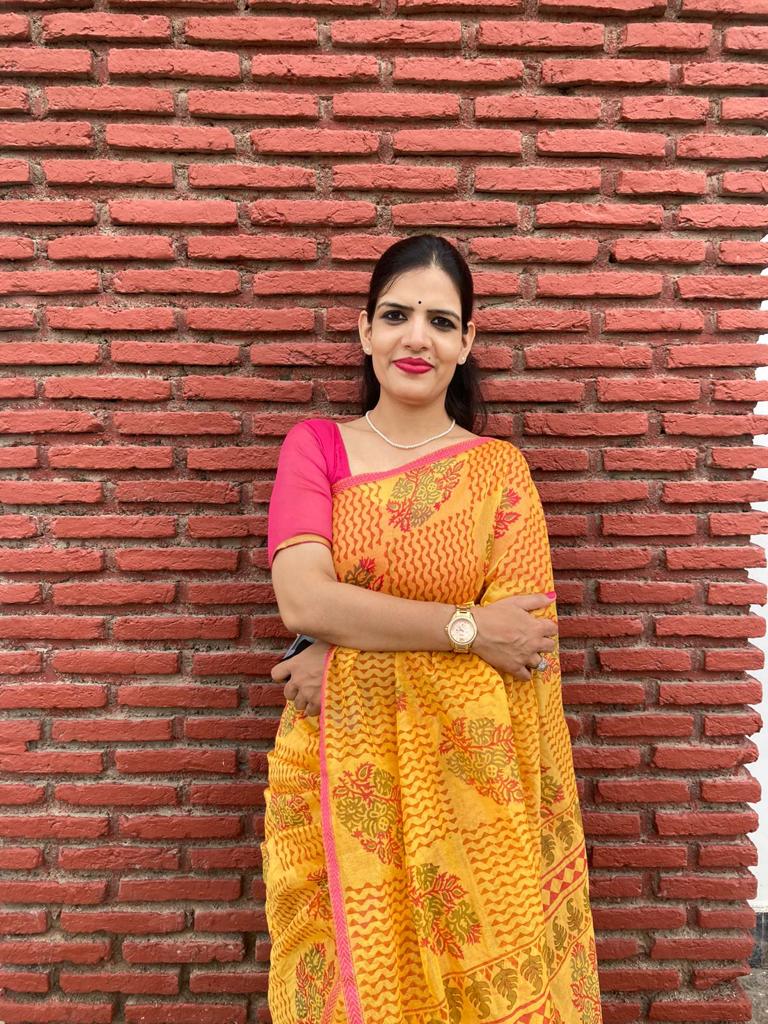“The power of media is it forces necessary change,” said a true believer Erik Qualman. But what we need to understand here is that with great power comes great responsibility. Media is not static, it is rather dynamic and the people connected with media are still and will always be at the learning stage. But today we are here to talk about the misconceptions about media people have perplexed in their minds and how important it is to understand the side of media. People operate under the assumption that media will never be accurate without understanding the very true dynamic nature of news and happening around the world. If you step back from it and really think about what the mass media does on a global scale, the most significant thing it does is coordinate behavior. The term media refers to a collection of communication outlets that distribute messages and information to society, and if anyone must know information is supposed to be changing with time. The effect of media is not to elicit belief but to provide with day-to-day shenanigans happening around the globe. So is it really wrong to do soe Is it wrong to accept change and move on with thate That surely doesn't make media a hypocritic platform. There is a very thin line between being a hypocrite and being vigorous and understanding the difference between this while understanding media is vitally important. I understand that media is an essential component of society but I am also aware of its influences and how it is a very important and one of the most trusted platforms to access news, any piece of information, etc. It helps us to keep up with society and that is exactly why it is very important to understand the difference between true sources and sensationalized masala sources. The very effective way to do so is to trust limited sources and not believe everything you see or hear in the media. It is very important to verify your information, cross-check it, and also to trust prominent and socially viable platforms. Technology plays a significant role in media. Technology has created a revolution over the past few decades. Primarily information and communication technologies have been strong growth drivers connecting the world, shrinking the globe, and humanity to flourish. Unimaginable have been the changes in our ways to make outreach, discussing, interacting, sharing, and communicating over the past few decades. What was once available to the privileged few while the technologies were being launched, today they are in ubiquitous abundance and available for every one of us. Media is often an early adopter of new technologies by the sheer availability of early information and accessibility of the technologies to them. Corporate communications and public relations professionals are usually the immediate lots to play the role of adopters and even influencers. Using technology for enhancing productivity is something all organizations work towards. However, in the context of media, it becomes imminent to be the first line of action, as it has a direct impact on the mass. Social media is used by almost all media today in some or another manner.
Media persons do remain active and participate in discussions related to their choice of subjects irrespective of their designated beats for covering as a part of their jobs. Most of the reporters, copyeditors, bureau chiefs, and senior editors today will have either a presence on Twitter, a blog, or a social media page/profile in their names. And most of them would be present with their views, ideas, thoughts, and opinions on these platforms. One may not have to meet the media more often, but the relationship can even be managed by being connected and remaining engaged in the virtual environment. That’s the beauty of the technology, through which professionals from our domain can benefit. Observing a Facebook post, reacting and commenting upon it, adding value to the posted content, reacting to a blog, a tweet, fleet, or a story on the social media handles of the journalists can still be a way to remain in sight and visible in their mind space without intruding their personal space and time.
If the engagement is constructive, knowledgeable, add value to their professional lives, helps facilitates them to write better stories, provides insights, and gives genuine feedback, the journalists would surely appreciate your engagement, thereby strengthening your media relations. So you see if you really try to start seeing from the point of view of media, you would understand its context.
By:
Prof Sandhya Sharma
Assistant Professor
School of Journalism and Mass Communication

